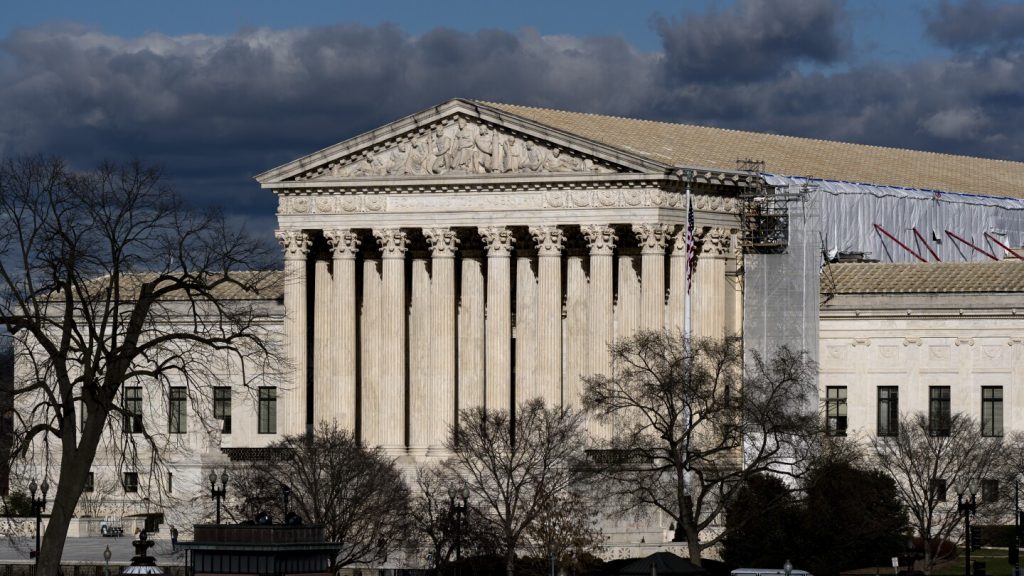Nearly two years after the Supreme Court overturned the constitutional right to abortion, the justices will consider how far state bans can extend to women in medical emergencies. The case from Idaho, which has a strict abortion ban with limited exceptions, marks the first time the Supreme Court has considered a state ban since the landmark decision. The Biden administration argues that hospitals should be allowed to terminate pregnancies in rare emergencies where a patient’s life or health is at serious risk, even in states where abortions are banned. Idaho, on the other hand, argues that its law does have exceptions for life-saving abortions and accuses the Biden administration of trying to turn hospitals into “abortion enclaves.”
Idaho is one of 14 states that now ban abortion at all stages of pregnancy with limited exceptions. Since the law went into effect for emergencies in January, it has already affected emergency care in the state, with patients being flown out of state for treatment. Abortion is considered routine treatment for some pregnancy emergencies, such as when a woman’s water breaks before a fetus is viable, but doctors now must wait until patients are close to death before offering abortion treatment to stay within the bounds of Idaho’s law. Emergency care providers are facing challenges in determining when it is appropriate to provide abortion treatment under the ban.
Attorneys for the state of Idaho contend that its abortion ban allows for life-saving abortions, treatment for ectopic pregnancies, and accidental terminations in emergencies. The Biden administration argues that the law is in conflict with the Emergency Medical Treatment and Active Labor Act (EMTALA), which requires hospitals to provide emergency care to all patients regardless of their ability to pay. The administration issued guidance shortly after Roe was overturned, stating that the law requires abortions in emergencies with serious life or health threats.
If the Supreme Court sides with Idaho, it could lead to more doctors leaving states with abortion bans and expand “maternity care deserts.” Abortion opponents argue that healthcare access issues, especially in rural areas, are not necessarily related to abortion bans. A win for the state could also weaken the emergency healthcare protections provided by EMTALA across the country. The Biden administration is facing other court battles over its guidance on abortions and emergency care, including a case in the 5th Circuit Court of Appeals regarding Texas hospitals’ obligation to provide abortions in emergency rooms. The Supreme Court is expected to rule on the Idaho case by the end of June.
Overall, the case from Idaho highlights the ongoing legal battles surrounding abortion rights and access to emergency care. The clash between state bans and federal regulations like EMTALA raises important questions about the rights of pregnant patients in medical emergencies. The outcome of this case could have significant implications for healthcare providers, patients, and the broader reproductive rights landscape in the United States. As the Supreme Court weighs the arguments presented by both sides, the decision is eagerly awaited by advocates on all sides of the debate over abortion rights.


